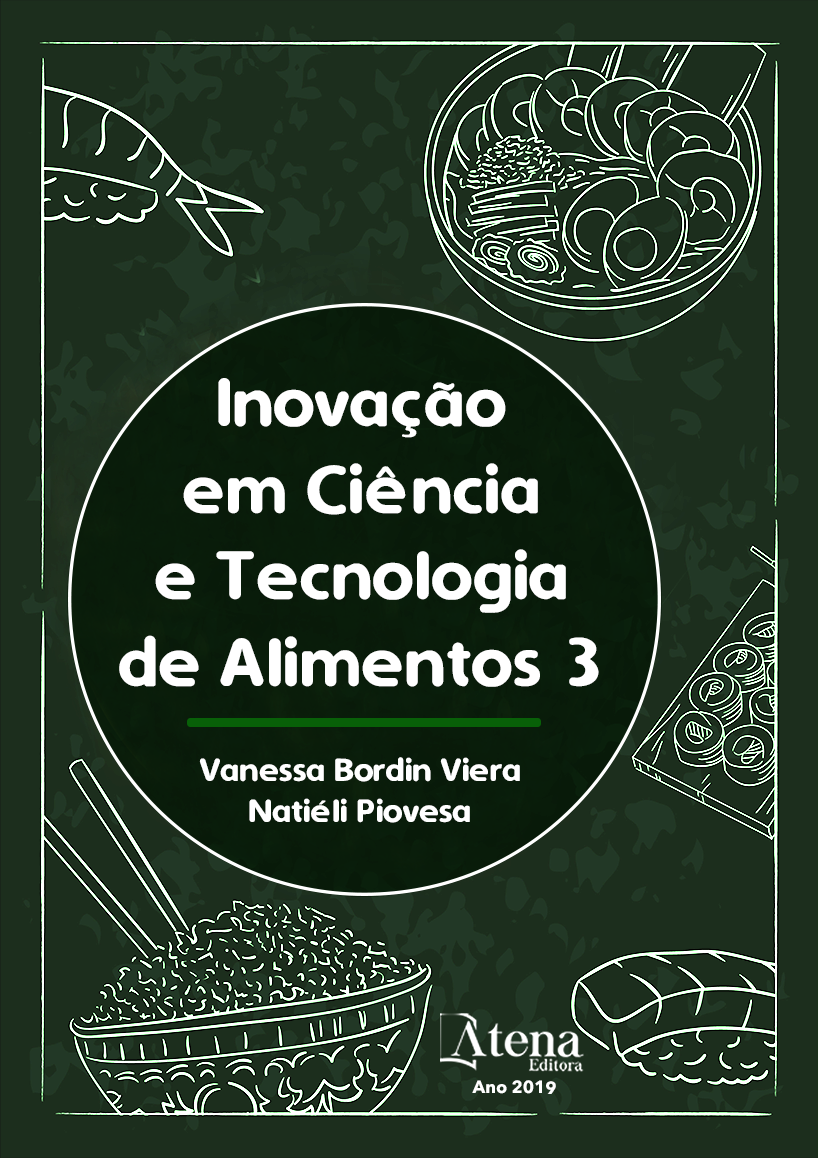
ESTRATÉGIAS DE DESMISTIFICAÇÃO E INDUSTRIALIZAÇÃO DA CARNE DE COELHO NO PAÍS
Este trabalho tem como objetivo
demonstrar as potencialidades da carne de
coelho e traçar estratégias de desmistificação
e industrialização da mesma. Neste sentido,
é possível aliar o marketing com a crescente
demanda dos consumidores por produtos
saudáveis, junto aos fatos de o coelho
possuir carne branca, rica em proteínas e da
criação poder ser efetuada de forma orgânica.
Adaptar-se à praticidade que o consumidor
deseja também é uma forma de aumentar o
consumo dos produtos cunícolas. Propostas
de produtos processados e pré-cozidos, como
hambúrgueres, pode ser uma alternativa viável
para a cadeia se adaptar às necessidades da
vida moderna. Permitir que o cunicultor possa
comercializar a carne dos animais também
auxiliaria muito na difusão dos produtos, assim
como a formação de cooperativas, em que a
produção pode ser feita em pequena escala.
Introduzir a carne de coelho na merenda escolar
seria outra estratégia para difundir a carne de
coelho à nova geração de brasileiros. Ainda com
a finalidade de fomentar o desenvolvimento da
agricultura familiar local, esses cortes poderiam
ser adquiridos de cooperativas locais, o que
incentivaria os agricultores a criar coelhos.
Conclui-se que a cunicultura no Brasil tem
potencial de crescimento. No entanto, a
produção familiar com comercialização local é
o sistema produtivo que em curto prazo poderia
se desenvolver e articular com mais facilidade. A
cunicultura industrial também apresenta grande
potencial, no entanto em médio e longo prazo,
já que, seria necessária maior articulação com
os demais elos da cadeia.
ESTRATÉGIAS DE DESMISTIFICAÇÃO E INDUSTRIALIZAÇÃO DA CARNE DE COELHO NO PAÍS
-
DOI: 10.22533/at.ed.98019091010
-
Palavras-chave: Cunicultura, Produtos cárneos, Tecnologia.
-
Keywords: Cuniculture, Meat products, Technology
-
Abstract:
The aim of this work is to
demonstrate the potentialities of rabbit meat
and the strategies for its industrialization. In
this sense, it is possible to use marketing with
the growing consumer demand for healthy
products, along with the facts that the rabbit
has white meat and is rich in proteins and that
the breeding can be done in an organic system.
Adapting to the practicality that the consumer
wants is also a way to increase the consumption
of the products. Processed and pre-cooked
baked goods, such as burgers, can be a viable
alternative for the chain to adapt to the needs of
modern life. Allowing the rabbit farmer to market
the meat of the animals would also help greatly in the diffusion of the products, as
well as the formation of cooperatives, where production can be done on a small scale.
Introducing rabbit meat in school meals would be another strategy to spread rabbit
meat to the new generation of Brazilians. In order to further the development of local
family farming, these cuts could be purchased from local cooperatives, which would
encourage farmers to raise rabbits. It is concluded that rabbit breeding in Brazil has
potential for growth. However, family production with local marketing is the productive
system that could develop in the short term and articulate more easily. The industrial
rabbit also has great potential, however in the medium and long term, since it would
require greater articulation with the other links in the chain.
-
Número de páginas: 15
- Ana Carolina Kohlrausch Klinger


